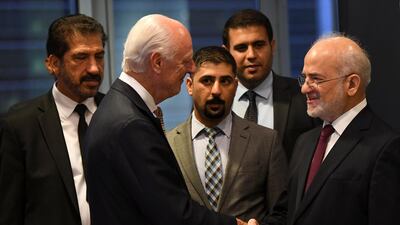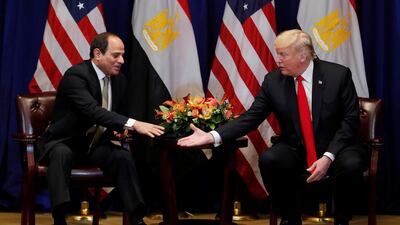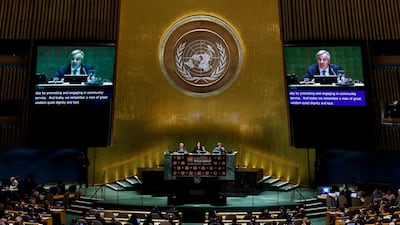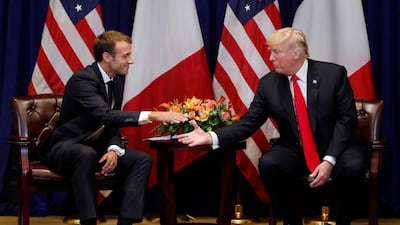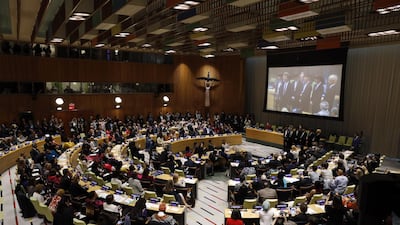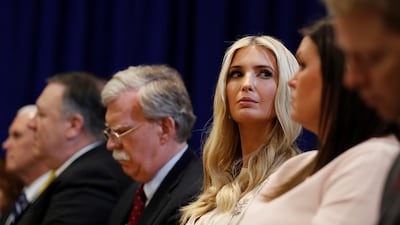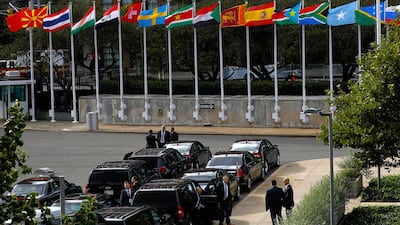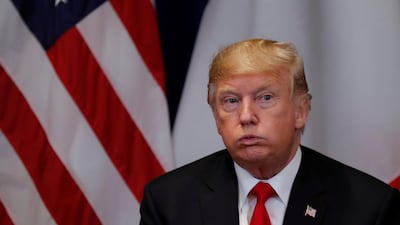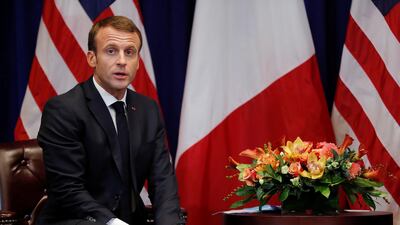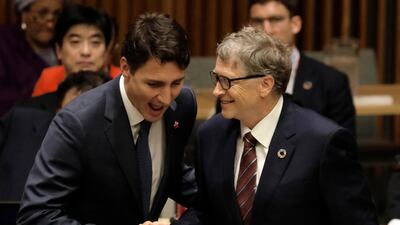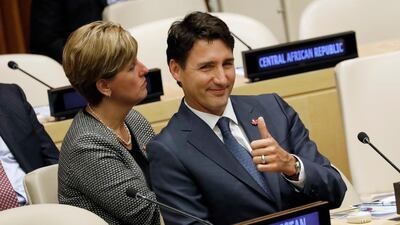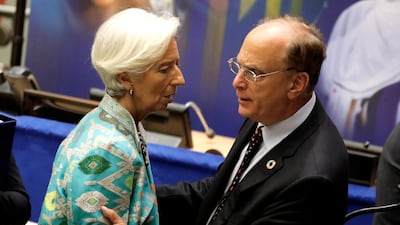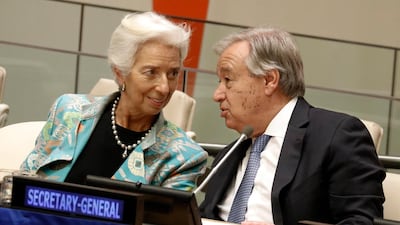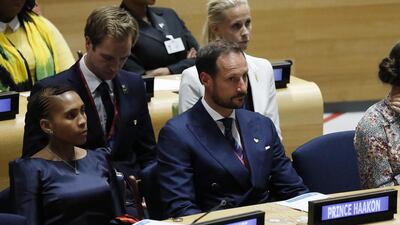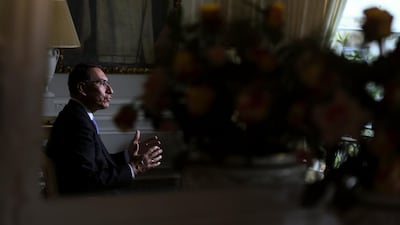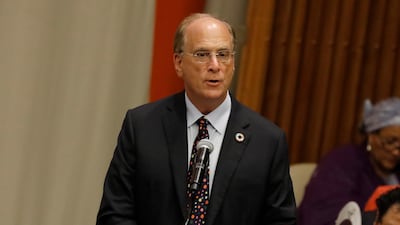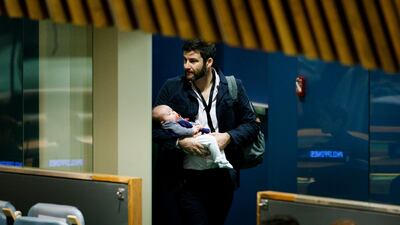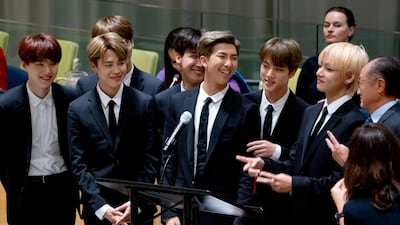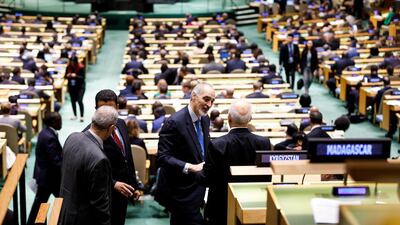With the escalation in Syria over the summer, there were fears that world leaders would be meeting in New York as a full-scale military assault on Idlib was raging. However, days before the United Nations General Assembly came into session, Russia and Turkey struck a deal to avert a military confrontation.
This week, diplomats are seizing upon this deal as a new opportunity to restart a political process that can end the war. While the Russians have pushed the Astana process, restricted to Iran, Russia and Turkey, key Arab countries and the United States are reasserting the importance of the UN’s role in bringing about a peaceful resolution to the seven-year war.
That role is enshrined in UN Security Council resolution 2254 – the main internationally-agreed upon document on how to end the Syria war based on a political transition. After largely being ignored for the past two years, Resolution 2254 is back on the table and diplomats in New York are finding ways to revive it.
With the High Level General Debate coming to a close at the end of the week, all eyes will be on how the UN can regain its place as the convener of peace efforts in Syria. The constitutional committee being set up by UN Envoy to Syria Staffan de Mistura is being touted in diplomatic circles as the next step in getting a political solution on track. De Mistura is in town this week holding meetings with officials on how to make the constitutional committee and Geneva process the main engine for change in Syria.
In conversations with senior Arab and Western officials about Syria, the issue of refugees comes up repeatedly. Six million Syrian refugees, and close to six million internally displaced, need to return home.
However, that issue cannot be disentangled from the wider political issues in Syria. While Russia and supporters of the Syrian regime wanted to tout reconstruction as the way forward, an emerging consensus among Arab and American officials is that this cannot precede a viable political solution. And that rests largely on the UN.
_______________
Read more:
Sheikh Abdullah leads UAE participation at UN General Assembly
UAE backs US offer of talks with Iran on nuclear and missile treaty
Why Mahmoud Abbas needs to seize the moment at the UN General Assembly
_______________
In his interview with The National in New York, UAE Minister of Foreign Affairs Dr Anwar Gargash highlighted the need for a greater Arab role, saying its marginalisation "has not been good for Syria".
Russian, European and World Bank officials are trying to encourage Arab Gulf states to get involved in Syria by pledging money to the reconstruction efforts – expected to come with a multi-billion dollar bill.
Dr Gargash said that any reconstruction support must be linked to the wider political issues around Syria, explaining “you can’t expect someone who doesn’t have an influence on the political process to basically help with reconstruction. The Arab role should display its return politically over the whole issue, on the issue of refugees, on Iranian presence and reconstruction”.
While those issues are all interconnected, developments on the ground can overtake any talks at the UN.
Officials in New York woke up on Monday to the news that the Russians will be providing Syria with sophisticated anti-missile defences and jamming equipment. As Russia and Iran prop up the Syrian regime militarily, the urgency for a revived UN process becomes greater.
